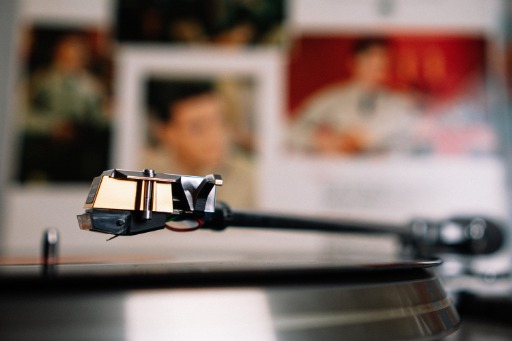We all have a nostalgic song that transports us to our adolescent days. Maybe Bon Jovi’s “Livin’ on a Prayer” reminds you of hapless teenage attempts at an 80s mullet. Perhaps the Sex Pistols’ “God Save the Queen” elicits memories of uncoordinated hip gyrations and tight leather pants. Or maybe, Beyonce’s “Single Ladies” induces flashbacks to middle school imitations of the music video’s signature hand-flip.
Your early musical memories could be more influential than you think. The songs you listened to during middle and high school may form your music taste for the rest of your life.
Music and Data Science
Seth Stephens-Davidowitz, who elaborated upon his insights in a New York Times op-ed, proposed this theory. Having obtained a collection of Spotify data about the listening habits of men and women by age group, Davidowitz analyzed the frequency at which each group listened to a particular song.
Surprisingly, the information from Spotify showed clear musical taste delineation by birth year. Specifically, the data showed that people were far more likely to continuously listen to popular nostalgic songs during adolescence. For example, 38-year-old men proved far more likely to enjoy “Creep” by Radiohead than any other age group (the song came out in 1993 when these men were 14). Such patterns persisted for countless artists and songs—if you listened to a lot of Linda Ronstadt in your youth, chances are you still think “You’re No Good” is...pretty good.
Furthermore, the analysis narrowed down the specific 3-year window that profoundly affected music taste. Boys, Davidowitz claims, form the majority of their music taste between the ages of 13 and 16. For girls, this period is earlier, with music taste formation falling between 11 and 14. The difference, Davidowitz proposes, could result from the difference in biological development by gender—girls go through puberty earlier and mature faster than boys do. This hypothesis would make logical sense through research that shows puberty’s effect on re-shaping neural connections—our music tastes are wired into our brains.
Music and Me
Though COVID-19 has temporarily paused live concerts, I fondly remember my 2019 trip to see Paul McCartney perform in San Jose. In addition to the concert ticket, I attended an hour’s exclusive pre-concert rehearsal. I was thrilled by the opportunity to see McCartney “unfiltered,” his jangling notes resonating among an intimate audience of about 75 super-fans.
McCartney has a vast catalog of Beatles, Wings, and solo songs that even a typical 3-hour concert still leaves him with a surfeit of unplayed hits. However, in support of Davidowitz’s point, McCartney proved he isn’t immune to the effects of nostalgia. For the soundcheck, he chose to play several cover songs. His choice of borrowed material—including Carl Perkins’ “Blue Suede Shoes” and “Honey Don’t,” Buddy Holly’s “It’s So Easy,” and Jesse Fuller’s “San Francisco Bay Blues”—featured nostalgic songs that were released during his formative teenage years.
The release dates of those four cover songs couldn’t more perfectly coordinate with the New York Times’s findings. The four songs formed a chronological progression of the development of McCartney’s musical taste, from the animated, sensual notes of Carl Perkins to the playful, blues-influenced sounds of Buddy Holly. Though McCartney’s song choice could attribute to his sentimentality for the past, the precise relationship between the age range proposed by Davidowitz and the songs’ release date is unlikely to be coincidental. “Blue Suede Shoes” and “San Francisco Bay Blues” were released when McCartney was 13, “Honey Don’t” when he was 14, and “It’s So Easy” when he was 16.
I mused about my sentimental connection with Paul McCartney’s music at the night's end. I was 15 when the Beatles broke up. Perhaps, I am nostalgic for the years in which I had few responsibilities and unlimited time. Or maybe, my adolescent brain was subconsciously shaped by the ubiquitous music of the Beatles. In either case, my love for the Beatles has stayed with me throughout my life. Of course, depending on your age, your taste in music, and which songs you find nostalgic may be different!
My Stories Matter has Spotify playlists that help you remember nostalgic songs from each decade. Sign up today for free and bask in the nostalgia!



